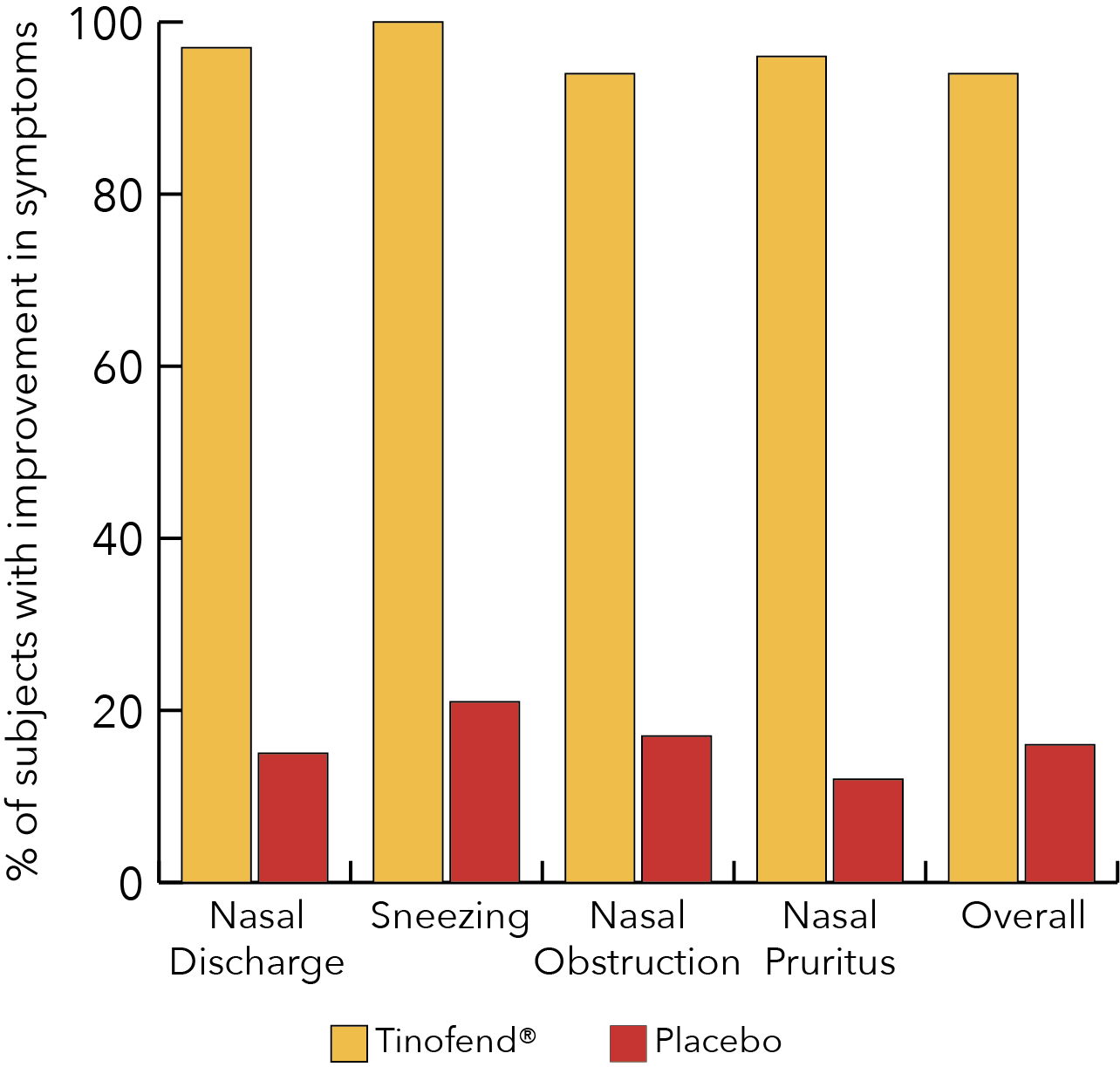The immune system is a complex system comprised of the innate and adaptive systems which impact immune health responses from two, broadly different ways. Commonly, in response to histamine, immune responses include symptoms of nasal congestion, sneezing, and/or itchy red, watery eyes. Historically, Tinospora has been used to promote a balanced and optimal immune response through polysaccharides and polyphenols and recently, reviewers have evaluated the immunomodulatory potential of Tinospora cordifolia.

Commonly, an immune response triggers “antibodies to attach to an allergen and subsequently results in the release of histamine from mast cells.”2 Histamine is involved in immune responses, acts as a regulating physiological function in the gut, and acts in as a neurotransmitter.3 “As part of an immune response, histamine is produced by basophils and mast cells.”3 It increases permeability of the capillaries to white blood cells and some proteins, allowing them to engage with pathogens and microbes.3 Further, “[i]n addition to its well-characterized effects in the acute inflammatory and allergic responses, it was recently demonstrated that histamine regulates several essential events in the immune response.”4 It regulates antigen-specific cytokines (TH1 and TH2 – type 1 and 2 helper – cells)4 as well as antibody responses.4
Tinofend extract, derived from Tinospora cordifolia, has been used historically in Ayurvedic medicine to promote a balanced and optimal immune response through polysaccharides and polyphenols. This combination works through several primary actions; by regulating several immune mediators to stimulate the activity of white blood cells such as macrophages, reducing the number of histamine-containing eosinophils, and by modulating oxidative stress.
Recently, researchers reviewed the immune health attributes of Tinospora. They explain that “Polymorphonuclear leukocytes (PMNs) are immune cells that possess small granules filled with enzymes (e.g. myeloperoxidase and lysozyme) and molecules (e.g. superoxide and histamine) that are released during infections, allergic reactions, and [offer respiratory support]. The PMN family includes neutrophils, eosinophils, mast cells, and basophils.”5 These cells, in addition to their defense mechanisms, devour the foreign pathogens and bacteria.5




